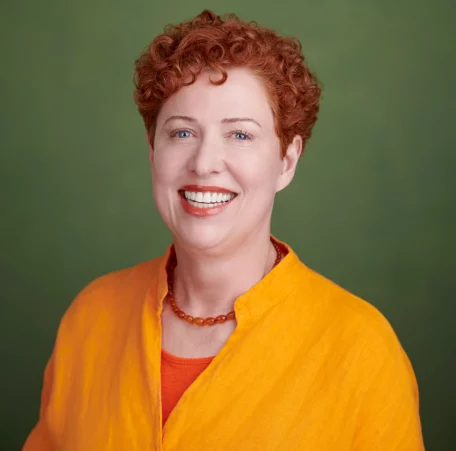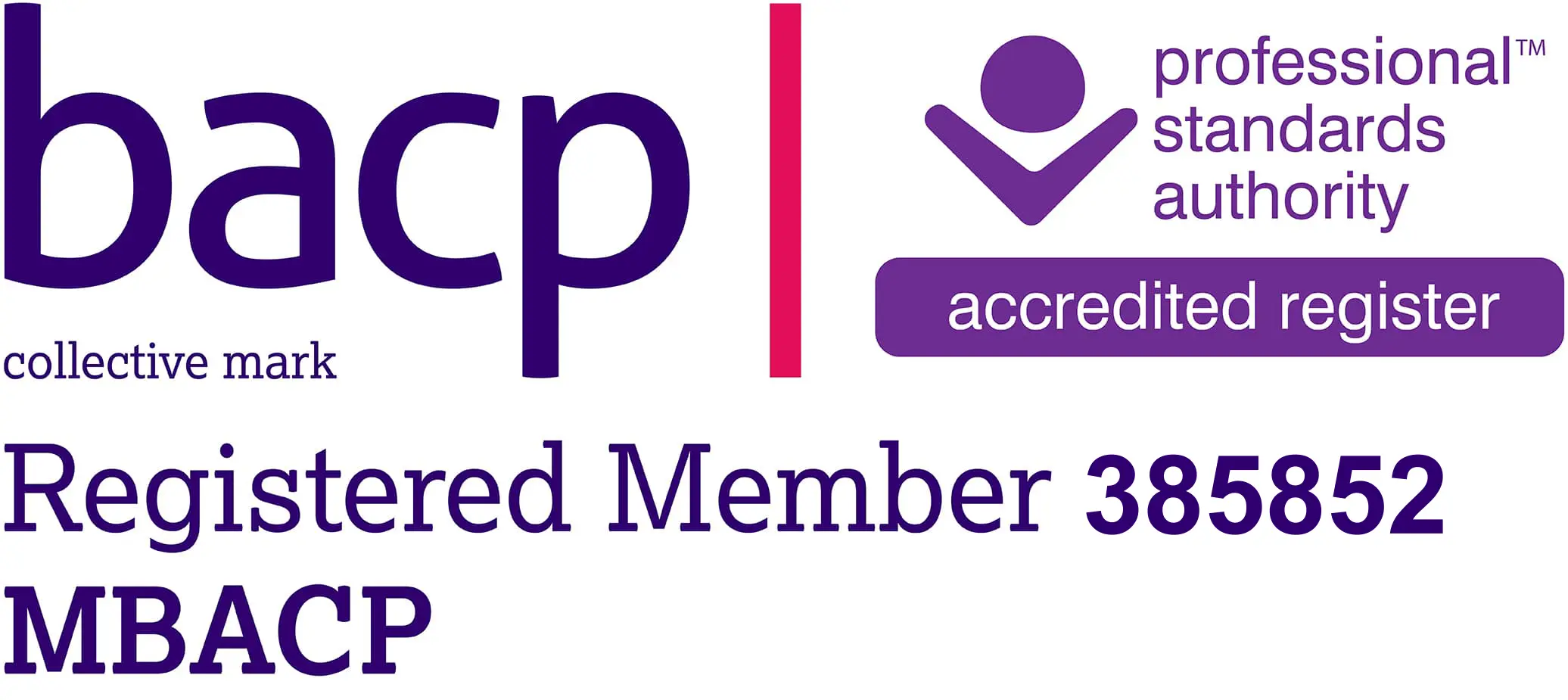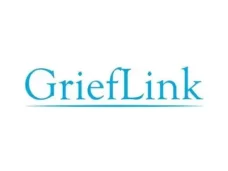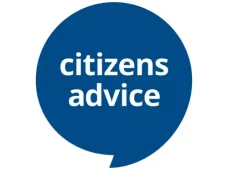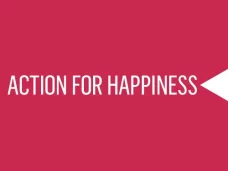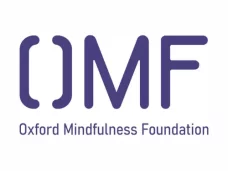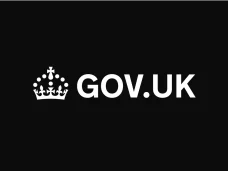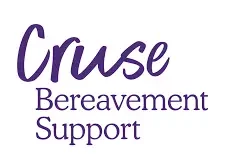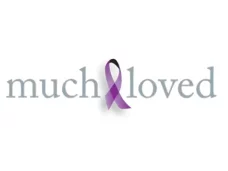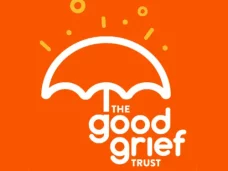My name is Lauren Leigh McMillan and I am a counsellor from Brighton
I began studying counselling in 2015. Over the last 9 years I have achieved a diploma in therapeutic counselling and a first-class honours degree in Humanistic Counselling. I have many years of experience as an Integrative Humanistic Counsellor. As well as working with clients experiencing grief I have worked with many client issues and concerns. I have worked with clients who have felt suicidal, anxious, depressed, traumatised and lost. I have worked with clients who have experienced psychological and physical abuse. I work with all 18+ adult clients and am LGBTQIA+ inclusive. I am very skilled in working with older clients in their later stages of life. I have specific experience in empowering female clients and working with self-esteem related issues. I will work with you to highlight the resources, assets and virtues that you possess. Together we will explore your challenges, discover your strengths and work towards achieving your goals. Although I integrate aspects of the various theories I have studied over the years, primarily the two theoretical approaches I apply are the Person-Centred Approach and Beck’s Cognitive Behavioural Approach.
As well as my private practice I work at SCDA (Sussex Community Development Association) where I counsel individuals who are bereaved by suicide or who are themselves feeling suicidal.
Research suggests that one in five of us will struggle with suicidal thoughts in our lifetime, but many of us face this struggle in silence. If this is you please reach out, either to myself or to the Samaritans.
I am a member of the British Association of Counsellors and Psychotherapists and adhere to their Ethical Framework. I chose to live in Brighton because it is a vibrant city that feels accepting of difference and diversity.

Flexible Therapy Integration
I am primarily a Humanistic, Person-Centred counsellor. However, as part of my training, I have also studied many other counselling theories and approaches. Depending on your needs I may integrate aspects of these approaches into my work with you.

Inspiring Human Potential
Humanistic approaches believe that human nature is inherently good and that, given the correct facilitative environment, individuals will aspire to be the best version of themselves that they can be.

Authentic Self-Discovery
Humanistic counselling is about empowering you to ‘be true to yourself'. It utilises empathic non-judgemental congruence in dialogue, and it can be challenging to hear your thoughts and lived experience reflected back to you. However, it can provide you with the self-awareness and self-knowledge to grow, develop and change.
How often in life are we able to be completely congruent in our relating to and communication with others?
Client Reference
Session Information
I provide counselling via telephone, Zoom, online, walk and talk, and in therapy rooms in Kemptown, Brighton. Once we have a therapeutic alliance, I am also happy to come to your home to provide counselling.
Counselling Fees
Home visit, walking/talking or Zoom
£50 for a 50-minute counselling session
Face-to-face
£61 for a 50-minute counselling session
I offer a few concessionary spaces at my practice for low-income and student counsellors (I will need proof of this). These are £35 or £46 depending on the type of session.
Method of Payment
Counselling sessions take place after payment has been received, online to my bank account:
- Account Name: Deckchaircounselling
- Account type: Monzo Business Account
- Sort Code: 04-00-03
- Account Number: 95319572
Get In Touch
I provide a private counselling service for clients aged 18+ and offer an initial free online, Zoom or telephone session. This is an opportunity for you to meet me and find out if you want to work with me.
Feel free to contact me through the contact form below if you have any questions or to arrange an initial session. You can also call me on +44 7773 520901 if you would prefer to leave a message or speak to me first.
All enquires are usually answered within 24 hours, and all contact is strictly confidential.
IF YOU ARE IN CRISIS, PLEASE
Phone the Samaritans on 116 123
Phone your local GP
Phone NHS 111 option 2 (the mental health option)
If you live in Sussex you can contact Mental Health Support by texting the word SUSSEX to 85258 or you can use the Staying Well Service. This is a support service for people in Sussex who are experiencing a self-defined mental health crisis.
Useful Links
Am I the Right Counsellor for you?
I work with clients who would like counselling support so that they can address their issues and concerns. You may be grieving or feeling anxious, stressed, or depressed.
Please note that I am not a suitable counsellor for you if you are:
- Actively thinking of harming yourself or have tried to kill yourself in the past month.
- Are under the care of hospital psychiatry services or have dementia.
- Have been diagnosed with a severe and enduring, unstable mental illness such as psychosis.
- Have been diagnosed with a severe or complex personality disorder.
- Want advice about managing your mental health medication.
- Need help for your drug and alcohol misuse.
- Have been diagnosed with autistic spectrum disorder or learning disability which has a significant impact on your day-to-day life.
There are other more appropriate services out there that will be able to help and support you much better than I ever could if you fall into one of the 7 categories above.
Always have a trial session with a counsellor and trust your instincts. Research has evidenced that it is the counselling relationship that heals (Norcross and Lambert, 2019) therefore it is important that you feel able to be yourself and trust the relationship.
As the law stands anyone can call themselves a counsellor or psychotherapist, because these titles are not legally recognised. This means that it is absolutely critical that you seek hard evidence of your counsellor or psychotherapist’s qualifications and experience. Make sure that they are registered with a regulatory body like the British Association of Counsellors and Psychotherapists (BACP) or the British Psychological Society (BPS). Both organisations have a Therapist Directory which you can search through.
A bad counsellor can be damaging and can even leave you re-traumatised (Masson, 1992). Therefore, it is important that you trust your instincts and don’t go back for further sessions. Always talk your concerns through with a trusted and reliable third party.
Sometimes, when you start counselling, you can feel worse before you feel better. Within the context of addressing challenging issues and concerns, this is understandable. However, a skilled counsellor will manage this therapeutic process. They will make sure that you are safe and that you are grounded before you leave the session.
References

BACP: https://www.bacp.co.uk/search/Therapists
Beck, A. T. Rush, A.J., Shaw, B.F., & Emery, G. (1979) Cognitive therapy of depression. New York. Guilford Press.
Masson, J. (1992) Against Therapy. Glasgow. HarperCollinsPublishers.
Merry, T. (2002) Learning and Being in Person-Centred Counselling. 2nd Ed. Ross-on-Wye. PCCS Books.
Norcross and Lambert, 2019 Psychotherapy Relationships that Work: Evidence-Based Therapist Contributions, 3rd ed. New York: Oxford University Press.
Rachman, S. (2009) ‘Psychological treatment of anxiety: the evolution of behaviour therapy
Rogers, C. R. (1951) Client-Centred Therapy. UK. Constable and Company Ltd
Rogers, C. R. (1957) ‘The necessary and sufficient conditions of therapeutic personality change.’ Journal of Consulting Psychology, vol 21(2), pp 95 - 103.
https://doi.org/10.1037/h0045357
Rogers, C. R. (1959) ‘A Theory of therapy, personality, and interpersonal relationships, as developed in the client-centered framework’ Psychology: A Study of a Science. Vol 3. New York. McGraw-Hill. pp 184-256
Rogers, C. R. (1978) Carl Rogers on Personal Power, Inner Strength, and Its Revolutionary Impact. GB. Constable and Company Ltd.
Rogers, C. R. (1980) A Way of Being. Boston. Houghton Mifflin
Sanders, P. (2012) ‘Mapping Person-Centred Approaches to Counselling and Psychotherapy’ in ed Sanders, P. The Tribes of the Person-Centred Nation: an Introduction to the Schools of Therapy Related to the Person-Centred Approach. 2nd Ed. Ross-on-Wye. PCCS Books. pp 233-246
Trower, P. Jones J. Dryden W. (2016) Cognitive Behavioural Counselling in Action. 3rd edn. London. Sage.

